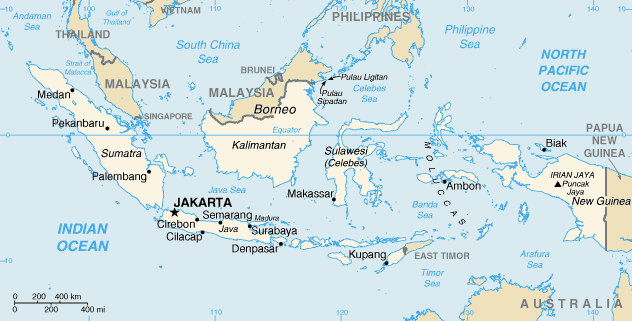
As celebrities walk the red carpets at the Golden Globes, Oscars, and other award shows, reporters ask them who they are wearing, and designers look forward to the publicity they receive from their answers.
I once heard that President Kennedy's wife Jackie answered the who-are-you-wearing question by saying, "Mine." At every age, we all do say something about ourselves when we get dressed. Think about it. Pictures and sayings on T-shirts might tell what comic book or TV show characters a child likes. These shirts can proclaim, "Future Scientist" or "Daddy's Little Girl."
Clothes also can be uniforms that show students attend certain schools, march in bands, or play on various teams. The earlier post, "Recess Differs Around the World," shows uniforms worn by students at various schools around the world.
Judging from photos of men at conferences on climate change or G-7 meetings, world leaders in their dark power suits and white shirts also wear uniforms. Women leaders do too. An article about German Chancellor Angela Merkel,
Time magazine's "Person of the Year," told how she presented then US Secretary of State, Hillary Clinton, with a framed copy of a German newspaper with the headline, "Angela Merkel? Hillary Clinton?" The photo accompanying the article showed both women wearing blazers and black slacks. (Their heads were cropped off.) Now that Mrs. Clinton is running for President, she has adopted a new style that older women might begin to copy. Interesting collars and cuffs accent her longer jackets, and she wears pants that are the same color as her jackets.
Some US school girls have begun wearing
hijab head scarves in solidarity with their Muslim sisters. Italian design house, Dolce & Gabbana, has launched a new collection of fashionable
hijabs and long
abayas for its Muslim and other customers. When I saw Paul Ryan, the new Speaker of the US House of Representatives growing a beard, I thought he might be showing his solidarity with the billion-plus Muslims who are not terrorists, but I learned he was imitating Joseph Gurney Cannon, who was the last Speaker, over 100 years ago, who had a beard. (You can check out the beard of Cannon, Speaker from 1903 to 1911, on the Internet.)
When students grow older, they may decide to protect animals by not wearing fur or to protect the environment by wearing graphic T-shirts that invite others to "Save the Arctic." (See the earlier post, "North Pole Flag.") A wide variety of the sustainable clothing options now being developed will be available to youngsters in the future. Leftover high-quality luxury yarn that is insufficient to produce a full line of clothes is already being combined into sweaters that can last a lifetime. Clothing manufacturers are exploring ways to make zero-waste garments from recycled materials (See the earlier posts, "The World of Fashion" and "Recycled Fashion Firsts.") and to create new disposal methods that do not add to landfills. Waste-reduction groups are urging consumers to treasure and repair their garments rather than throw them out.
When I worked in retail, I used to tell customers, who couldn't seem to find anything they liked, that sometimes you need to shop in your closet. Babies, for example, often are baptized in outfits their parents, and even their grandparents, wore for their baptisms. What kids wear next year may be a combination of something they, or their parents, already own.
 Brussels canceled its New Year's fireworks' display and the Indonesian archipelago continues on high alert after the arrest of nine alleged Islamic terrorists involved in a plot to assassinate police, Shi'ite Muslims, and churchgoers on the main islands of Java, Sumatra, and Borneo during the 2015 Christmas and New Year holiday season. Australian authorities are urging tourists to stay away from Indonewia at this time.
Brussels canceled its New Year's fireworks' display and the Indonesian archipelago continues on high alert after the arrest of nine alleged Islamic terrorists involved in a plot to assassinate police, Shi'ite Muslims, and churchgoers on the main islands of Java, Sumatra, and Borneo during the 2015 Christmas and New Year holiday season. Australian authorities are urging tourists to stay away from Indonewia at this time.

_committee_aboard_the_multi-purpose_amphibious_assault_USS_Bataan_(LHD_5)_bring_Santa%2C_Mrs._Claus_and_their_elves_to_life_at_the_command's_children's.jpg)
